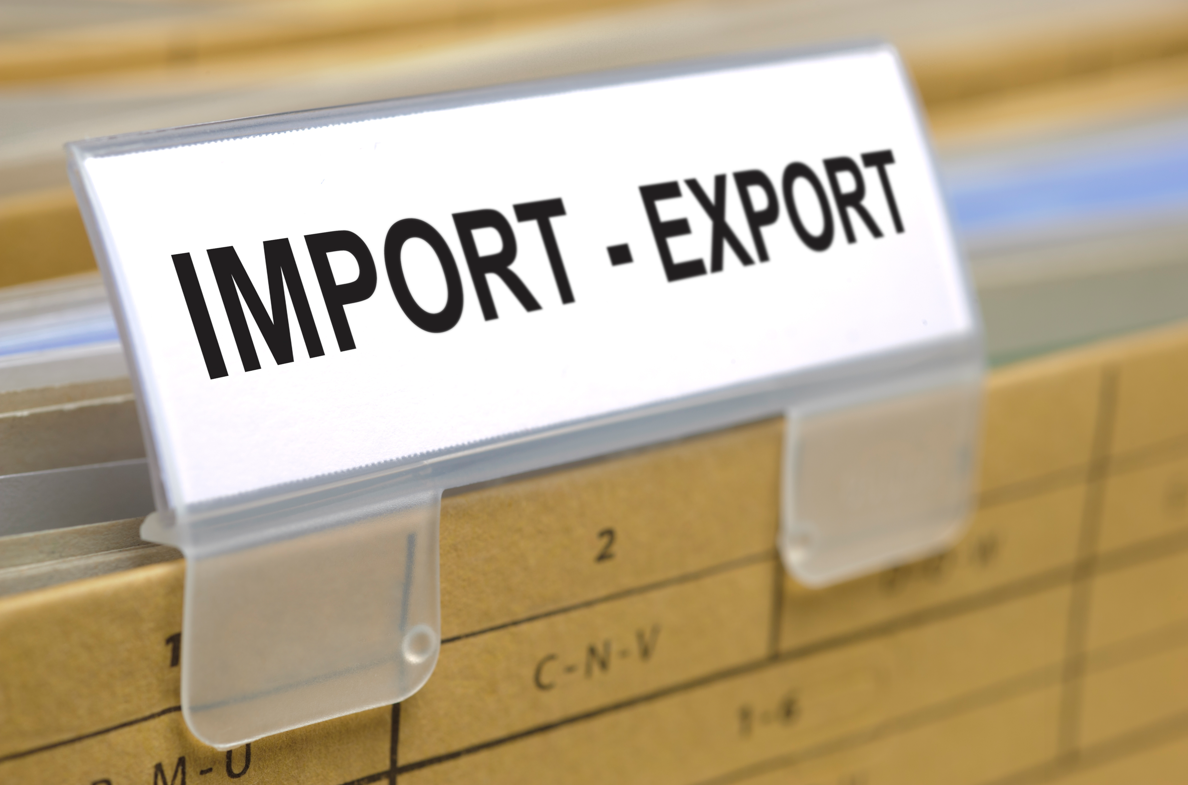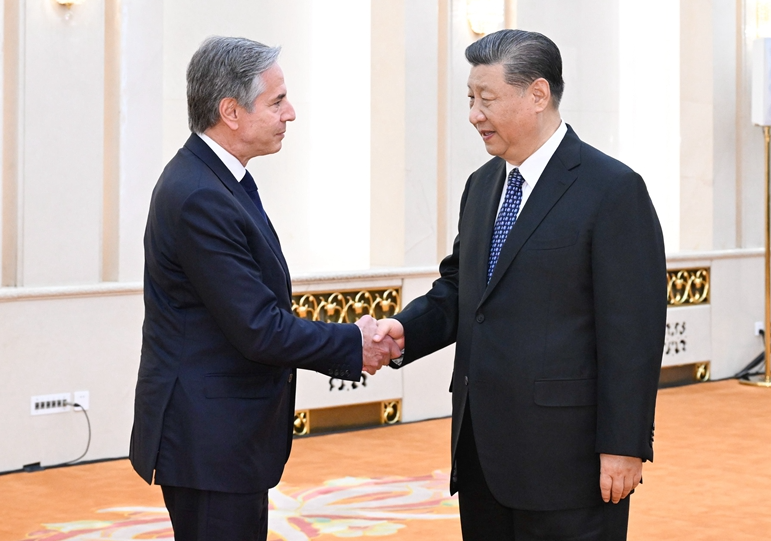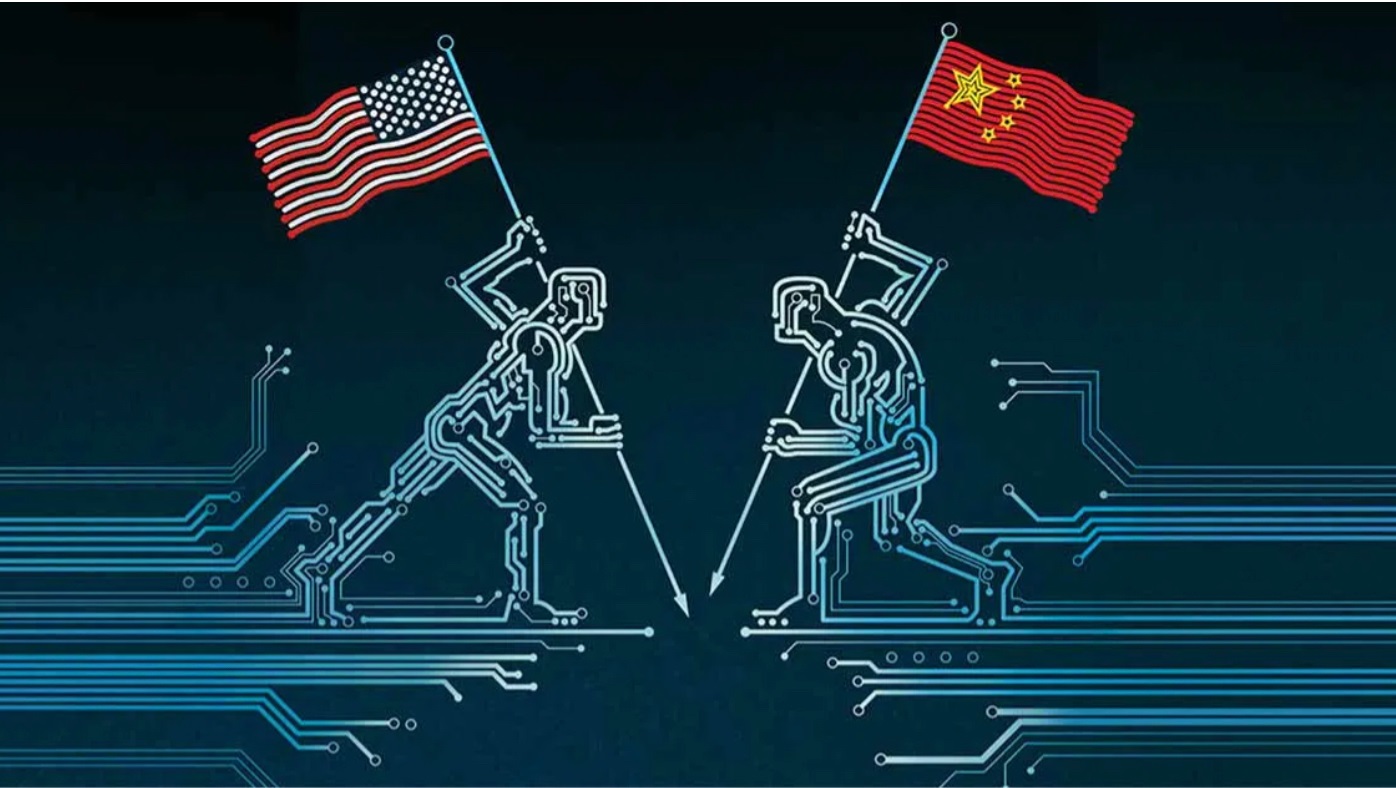Zhong Houtao, Associate Professor, School of National Security, University of International Relations
Jun 14, 2024
Recently elected leader Lai Ching-te is turning toward open advocacy for independence. But his populist agitation is straining relations with the United States, dragging down economic development and potentially compromising peace and stability in the region.

Yin Haocheng, Graduate Student, Shanghai International Studies University
Jun 07, 2024
Biosafety-related bills in Congress will likely follow in the footsteps of semiconductor competition and become a new arena for U.S. competition against China. Regardless who wins the election in November, we can expect profound adverse implications for China’s industrial security.

Stephen Roach, Senior Fellow, Yale University
May 30, 2024
The United States does not have a coherent trade policy. It has a political strategy masquerading as trade policy that has taken dead aim at China. Unsurprisingly, China has responded in kind. With the two superpowers drawing on their allies for support – the US leaning on the G7 and China turning to the Global South – economic decoupling is the least of our problems.

He Weiwen, Senior Fellow, Center for China and Globalization, CCG
May 27, 2024
While high officials in the Biden administration — and President Joe Biden himself — have repeatedly proclaimed that America does not seek to decouple from China, the latest move to impose extreme tariffs on certain Chinese goods goes in exactly that direction. It’s a bad idea driven by U.S. election year politics.

Han Liqun, Researcher, China Institutes of Contemporary International Relations
May 23, 2024
The negative strategic narratives concocted by the United States to constrain China are increasingly taking on more offensive, instrumental and purposeful dimensions. They are slipping steadily toward more confrontational and perilous frameworks, much to the detriment of normalcy and peace.

Zhao Minghao, Professor, Institute of International Studies at Fudan University, and China Forum Expert
May 23, 2024
The U.S. secretary of state’s visit to China epitomizes the challenge for the Biden administration in an election year. It seeks to stabilize relations with China but at the same time wants to flex its muscles. This poses a complex challenge for China as it interacts with the United States.

Richard Weitz, Senior Fellow, Hudson Institute
May 17, 2024
The renewal of high-level Sino-U.S. exchanges along with the approaching American elections has intensified the U.S. debate about an optimal long-term strategy toward China.

Bian Qingzu, Research Fellow, China Foundation for International Studies
May 16, 2024
Although it’s still early, China is referenced heavily in political rhetoric and is a top target of candidates. Washington is suffused with an atmosphere geopolitical contention. Distorted images of China and emerging hawkish policies have undermined goodwill in bilateral relations. China needs to prepare for any outcome in November.

Joseph S. Nye, Professor, Harvard University
May 10, 2024
When US Secretary of State Antony Blinken recently visited Beijing in an effort to stabilize relations with China, many of the issues that he discussed with Chinese President Xi Jinping were highly contentious. For example, Blinken warned China against providing materials and technology to aid Russia in its war against Ukraine, and he objected to China’s territorial claims in the South China Sea and harassment of the Philippines (a United States ally). Other disputes concerned interpretations of America’s “one-China” policy toward Taiwan, and US trade and export controls on the flow of technology to China.

Ghulam Ali, PhD, Monash University, Australia
May 08, 2024
The US-China rivalry is the most dominant aspect of 21st-century geopolitics, significantly impacting the world. It has expanded across various fields and geographies. The Gulf region, which was mainly absorbing the geopolitical heat of this rivalry, has also witnessed it in the technological sphere, especially artificial intelligence (AI). Two larger projects, G42 in the UAE and the King Abdullah University of Science and Technology (KAUST) in Saudi Arabia, are particularly notable.
Back to Top

- China-US Focus builds trust and understanding between the U.S. and China through open dialogue among thought leaders.
- Our Offerings
- Topics
- Videos
- Podcasts
- Columnists
- Research Reports
- Focus Digest
- Stay Connected
-
Thanks for signing up!
- Get the latest stories from China-US Focus weekly.